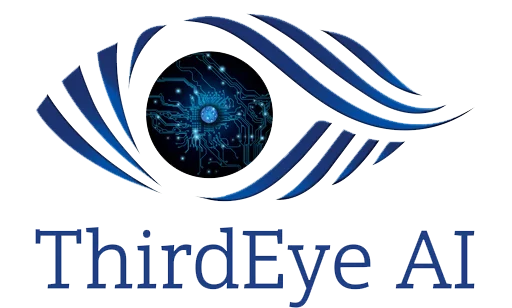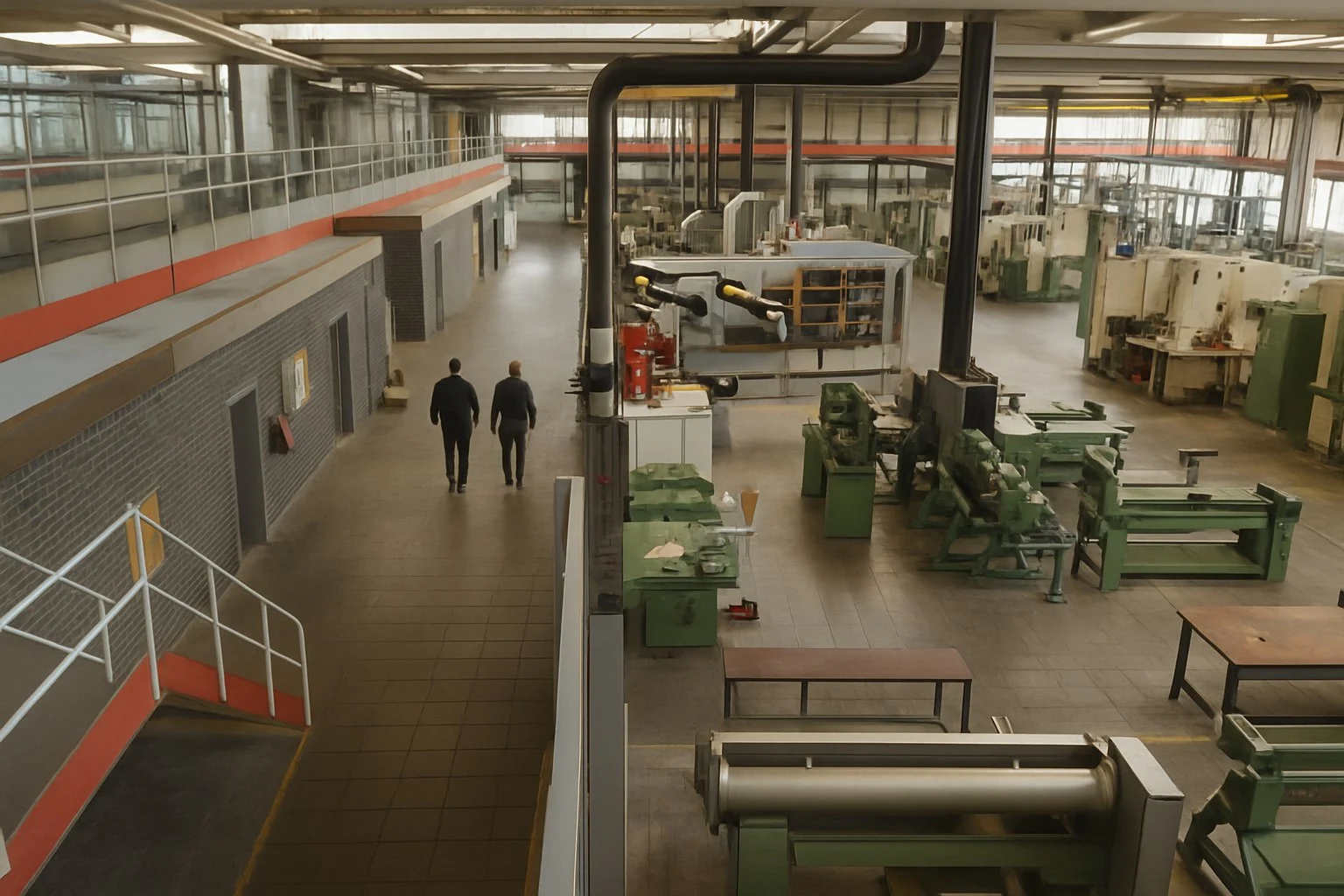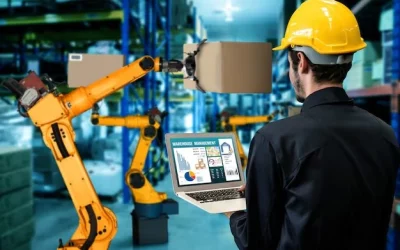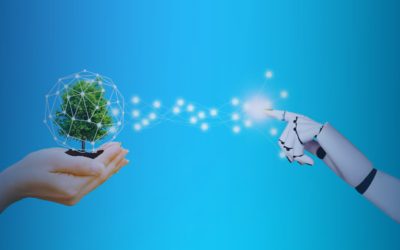Artificial Intelligence (AI) is reshaping the manufacturing industry like never before. From streamlining production to enabling predictive maintenance, AI is unlocking new levels of efficiency, precision, and decision-making. The global AI in manufacturing market, valued at USD 8.14 billion in 2019, is projected to reach an impressive USD 695.16 billion by 2032, growing at a remarkable CAGR of 37.7%. This rapid growth reflects the increasing adoption of AI technologies such as computer vision, machine learning, and natural language processing across manufacturing sectors including automotive, electronics, and medical devices.
Manufacturers face constant pressure to improve productivity, reduce costs, and deliver higher-quality products faster. AI addresses these challenges by analyzing massive amounts of data in real time to detect inefficiencies, predict equipment failures, and optimize production schedules.
With the rise of Industry 4.0, AI is being integrated with IoT devices, robotics, and advanced automation systems to create smart factories capable of making faster, data-driven decisions and adapting to customer demands.
Key AI Trends Reshaping Manufacturing Operations
1. Collaborative Robots (Cobots) for Safer, Faster Production
AI-powered Cobots are becoming a familiar presence on shop floors, working alongside humans to handle repetitive, hazardous, or precision-heavy tasks. Using computer vision and predictive intelligence, they detect defects, avoid hazards, and adapt quickly to changing production needs.
2. Data-Driven Supply Chain Resilience
AI is revolutionizing supply chain management by providing accurate demand forecasting, optimizing inventory levels, and reducing the risk of stockouts or overstocking. Machine learning models can improve forecast accuracy by over 13% and cut forecasting errors in half.
Jaguar Land Rover, for instance, has integrated AI into its systems to predict and mitigate supply chain disruptions before they occur.
3. Production and Process Optimization
AI enables manufacturers to use resources and energy more efficiently. By analyzing sensor data, AI predicts precise production parameters, minimizing waste and lowering costs.
BMW, for example, uses AI-based image recognition across its factories to check components in milliseconds, ensuring high-quality assembly and reducing rework.
How AI Directly Benefits Manufacturing Leaders
- Reduced Downtime – Predictive maintenance minimizes unexpected stoppages.
- Enhanced Quality – Automated inspections detect defects that humans may overlook.
- Cost Savings – Resource optimization reduces waste and energy costs.
- Faster Decision-Making – Real-time insights improve production planning and scheduling.
- Greater Flexibility – AI-enabled automation allows quick adjustments for customized orders.
- Improved Safety – AI and Cobots handle hazardous tasks, protecting human workers.
Industry 4.0: Driving the AI Revolution in Manufacturing
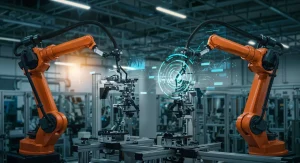
Industry 4.0 combines AI, IoT, robotics, and analytics to create intelligent manufacturing systems. These systems can monitor production in real time, predict maintenance needs, and adjust processes on the fly. Luxury automakers have embraced Industry 4.0 by integrating skilled workers with AI-powered robotics, boosting productivity and enabling customized manufacturing.
Core AI Technologies Empowering Modern Manufacturing
- Computer Vision – For defect detection, quality inspection, and safe human-robot collaboration. Example: Micron Technology uses AI-based vision systems to identify microscopic defects invisible to the human eye.
- Machine Learning – For predictive maintenance, demand forecasting, and process optimization through historical and real-time data analysis.
- Natural Language Processing (NLP) – For monitoring processes, managing supply chains, and automating reporting by interpreting human language inputs.
Challenges in Adopting AI- And How to Overcome Them
Despite its benefits, AI adoption faces hurdles, particularly the shortage of skilled professionals capable of managing and implementing AI systems. Upskilling the workforce and building in-house AI expertise is essential for long-term success.
Overcoming These Challenges
- Invest in workforce training and upskilling.
- Start with small-scale AI projects before full-scale deployment.
- Ensure consistent, high-quality data collection from the shop floor.
- Partner with experienced AI solution providers to simplify integration.
The Future of AI in Manufacturing
From predictive maintenance and real-time quality control to dynamic supply chain management, AI is positioning manufacturers for success in a competitive global market. As AI solutions become more affordable and scalable, adoption will extend beyond large enterprises to include SMEs, leveling the playing field and enabling innovation across the board.
